Water pollution can be a result of many different things, but agricultural practises are undoubtedly among the largest affecting water quality in Ireland.
The current ways we treat wastewater are linear, as opposed to circular. This basically means a more sustainable water treatment method is needed to help us reach our climate goals.
A research team at University College Dublin (UCD) is looking at wastewater within the agri-food industry and experimenting with microalgae as a way to not only treat wastewater, but to also feed into our growing bio-based economy.
What is the bio-based economy?
The bio-based economy is an important area of industry as we progress into the future - especially for members of the farming community.
According to the Science Foundation of Ireland (SFI), the European bio-based economy is worth €2.3tn and employs nearly 19 million people. Some 75% of its value comes from the agriculture, food, beverages, forestry and fishery industries.
The bio-based economy uses biologically-sourced resources to sustainably produce foods, industrial goods and energy. It takes waste products and creates something useful from them.
AlgaeBrew
Dr Ronald Halim has been working in the area of microalgae for much of his academic career - first in Australia and now here in Ireland. He developed the AlgaeBrew project as a means of solving the problem of wastewater treatment.
“Particularly for Ireland, given how dependent we are on the agri-food sector, there is no shortage of nutrient-rich side streams out there to treat,” he said.
“Irish sectors which could be of particular benefit [to this research] would include the dairy processing sector. The other sectors suited to this type of treatment would be aquaculture [fish farms] and the mushroom and compost sectors, which both have leeching issues.”
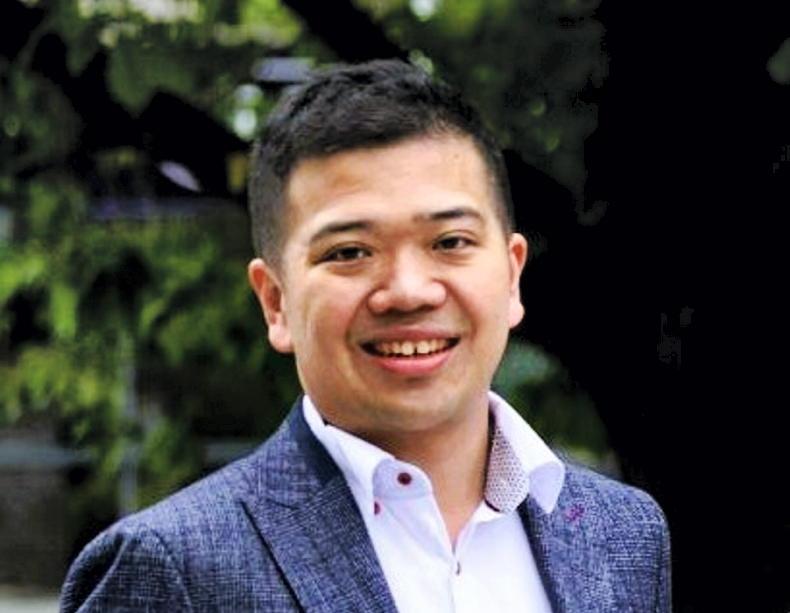
The AlgaeBrew team identified beer brewing as one of the largest generators of nutrient-rich wastewater and chose to focus in on this, though once the AlgaeBrew process is thoroughly tested and proven to be scalable, this treatment could be brought into almost every sector of the agri-food industry.
The idea is to use microalgae to naturally clean wastewater while also producing a high-quality alternative to fish feed. The microalgae used is just as nutritionally complete as current fish feed, which uses wild-caught fish and puts pressure on the ocean’s ecosystems.
The UCD team, led by Ronald, is currently working with an undisclosed Irish brewery from whom they are obtaining the wastewater. They are treating the water in a lab environment using microalgal biotechnology.
Small amounts of the water (up to 50L) can be tested here in Ireland, while larger amounts currently have to be sent to a partner lab in the United Kingdom (UK). Ronald hopes to obtain the necessary infrastructure to complete all testing here in Ireland in the near future.
So far, using the microalgae to treat the brewery wastewater has shown positive results, though questions remain around the future viability of this method.
Is there an appetite for industry to support this? Will the treatment become cost effective enough for regular industrial-scale use?
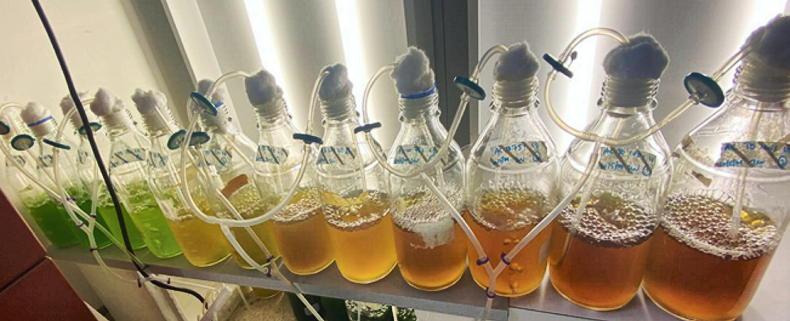
This image shows how the microalgae is taking the original wastewater (brown) and treating it.
“The science is quite solid, but there are still a few technical issues to work out – particularly around improving productivity and bacterial contamination,” he said.
“I think we can solve these in the next few years. The real key is, in order for us to be more appealing to industry, they need to see validation at pilot scale; that’s critical in this case.
"I’m hoping the continual research and pilot scale research can happen in the next four to five years and by 2030 we can start to deploy something operational at a commercial scale.”
Read more
Uisce Éireann convicted for chemical spill that led to major fish kill
New data shows drop in nitrogen levels in water
Water pollution can be a result of many different things, but agricultural practises are undoubtedly among the largest affecting water quality in Ireland.
The current ways we treat wastewater are linear, as opposed to circular. This basically means a more sustainable water treatment method is needed to help us reach our climate goals.
A research team at University College Dublin (UCD) is looking at wastewater within the agri-food industry and experimenting with microalgae as a way to not only treat wastewater, but to also feed into our growing bio-based economy.
What is the bio-based economy?
The bio-based economy is an important area of industry as we progress into the future - especially for members of the farming community.
According to the Science Foundation of Ireland (SFI), the European bio-based economy is worth €2.3tn and employs nearly 19 million people. Some 75% of its value comes from the agriculture, food, beverages, forestry and fishery industries.
The bio-based economy uses biologically-sourced resources to sustainably produce foods, industrial goods and energy. It takes waste products and creates something useful from them.
AlgaeBrew
Dr Ronald Halim has been working in the area of microalgae for much of his academic career - first in Australia and now here in Ireland. He developed the AlgaeBrew project as a means of solving the problem of wastewater treatment.
“Particularly for Ireland, given how dependent we are on the agri-food sector, there is no shortage of nutrient-rich side streams out there to treat,” he said.
“Irish sectors which could be of particular benefit [to this research] would include the dairy processing sector. The other sectors suited to this type of treatment would be aquaculture [fish farms] and the mushroom and compost sectors, which both have leeching issues.”

The AlgaeBrew team identified beer brewing as one of the largest generators of nutrient-rich wastewater and chose to focus in on this, though once the AlgaeBrew process is thoroughly tested and proven to be scalable, this treatment could be brought into almost every sector of the agri-food industry.
The idea is to use microalgae to naturally clean wastewater while also producing a high-quality alternative to fish feed. The microalgae used is just as nutritionally complete as current fish feed, which uses wild-caught fish and puts pressure on the ocean’s ecosystems.
The UCD team, led by Ronald, is currently working with an undisclosed Irish brewery from whom they are obtaining the wastewater. They are treating the water in a lab environment using microalgal biotechnology.
Small amounts of the water (up to 50L) can be tested here in Ireland, while larger amounts currently have to be sent to a partner lab in the United Kingdom (UK). Ronald hopes to obtain the necessary infrastructure to complete all testing here in Ireland in the near future.
So far, using the microalgae to treat the brewery wastewater has shown positive results, though questions remain around the future viability of this method.
Is there an appetite for industry to support this? Will the treatment become cost effective enough for regular industrial-scale use?

This image shows how the microalgae is taking the original wastewater (brown) and treating it.
“The science is quite solid, but there are still a few technical issues to work out – particularly around improving productivity and bacterial contamination,” he said.
“I think we can solve these in the next few years. The real key is, in order for us to be more appealing to industry, they need to see validation at pilot scale; that’s critical in this case.
"I’m hoping the continual research and pilot scale research can happen in the next four to five years and by 2030 we can start to deploy something operational at a commercial scale.”
Read more
Uisce Éireann convicted for chemical spill that led to major fish kill
New data shows drop in nitrogen levels in water







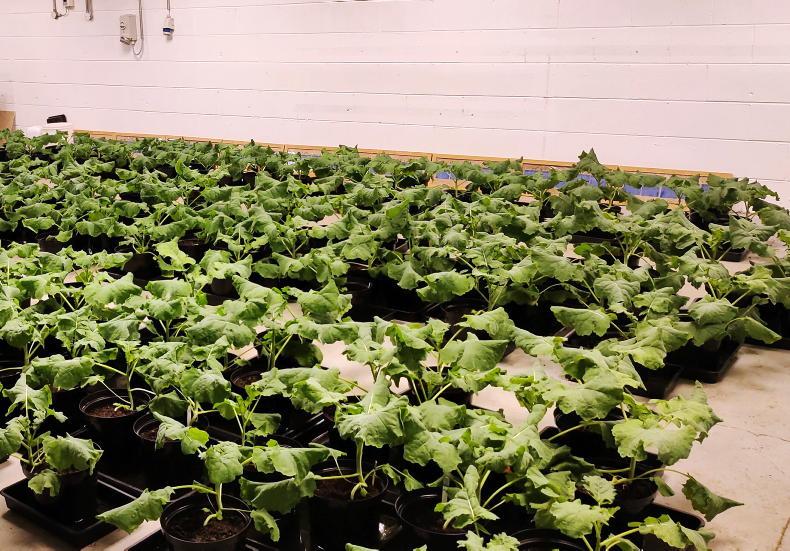
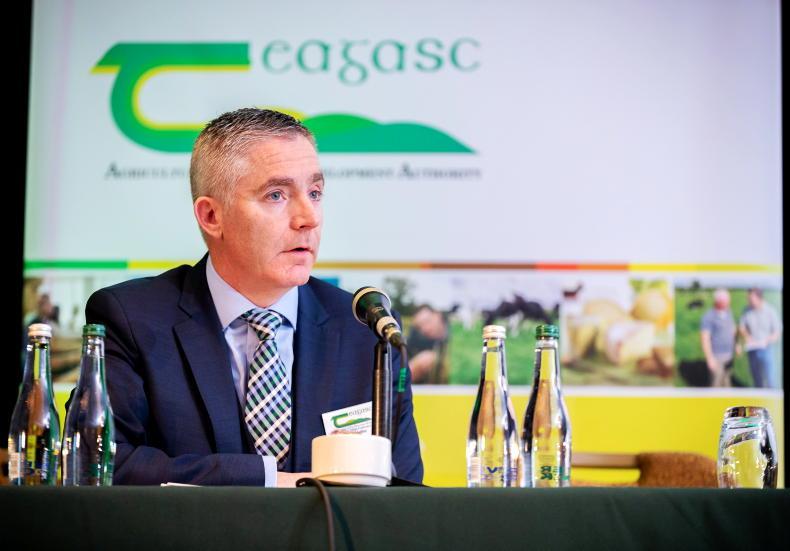
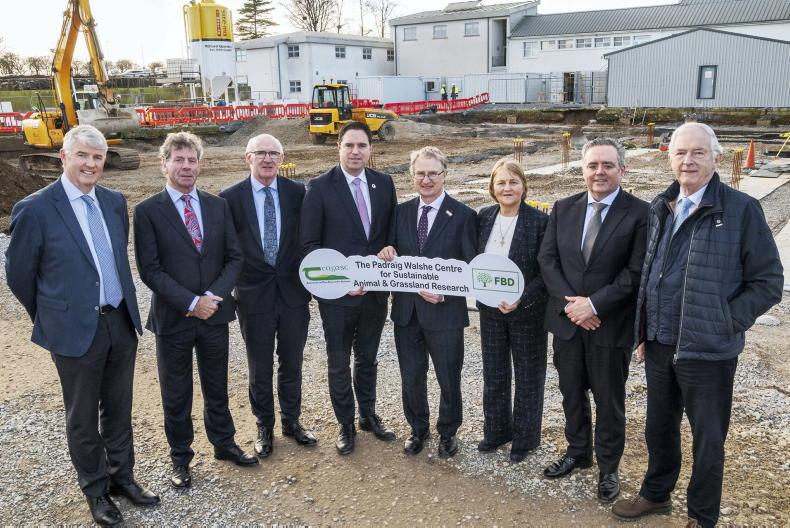
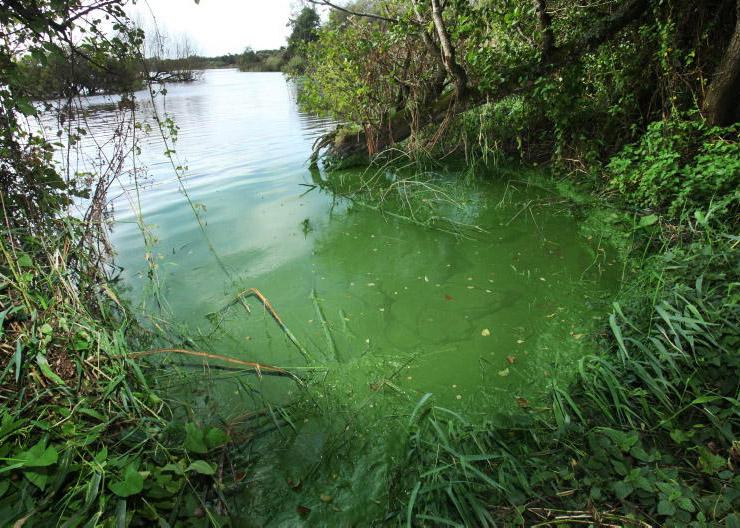
SHARING OPTIONS